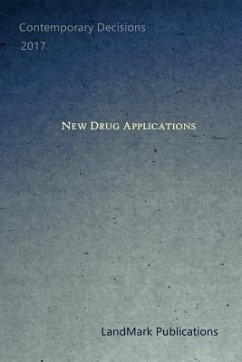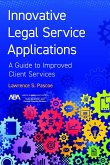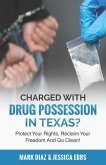THIS CASEBOOK contains a selection of U. S. Court of Appeals decisions that analyze, discuss and resolve patent disputes stemming from New Drug Applications filed with the Food and Drug Administration. The selection of decisions spans from 2014 to the date of publication.The Food, Drug, and Cosmetic Act ("FDCA") regulates the marketing and sale of prescription drugs in the United States. Under the FDCA, a manufacturer must obtain approval from the United States Food and Drug Administration ("FDA") before marketing a new drug. As part of a new drug application, the manufacturer must submit a proposed package insert, commonly called the "drug label," that sets out the drug's medical uses ("indications") and health risks. "To obtain FDA approval, drug companies generally must submit evidence from clinical trials and other testing that evaluate the drug's risks and benefits and demonstrate that it is safe and effective for all of the indications 'prescribed, recommended, or suggested' on the drug's label." The FDA's approval of a new drug application is conditioned on its approval of the exact text of the drug label.With the Drug Price Competition and Patent Term Restoration Act, 98 Stat. 1585, as amended, known as the Hatch-Waxman Act, Congress "attempted to balance the goal of 'mak[ing] available more low cost generic drugs' with the value of patent monopolies in incentivizing beneficial pharmaceutical advancement." King Drug Co. v. SmithKline Beecham Corp., 791 F.3d 388, 394 (3d Cir. 2015) (alteration in original) (quoting H.R. Rep. No. 98-857, pt. 1, at 14-15 (1984)), cert. denied, 137 S. Ct. 446 (2016). "The Act seeks to accomplish this purpose, in part, by encouraging 'manufacturers of generic drugs . . . to challenge weak or invalid patents on brand name drugs so consumers can enjoy lower drug prices.'" Id. (alteration in original) (quoting S. Rep. No. 107-167, at 4 (2002)).
Hinweis: Dieser Artikel kann nur an eine deutsche Lieferadresse ausgeliefert werden.
Hinweis: Dieser Artikel kann nur an eine deutsche Lieferadresse ausgeliefert werden.








